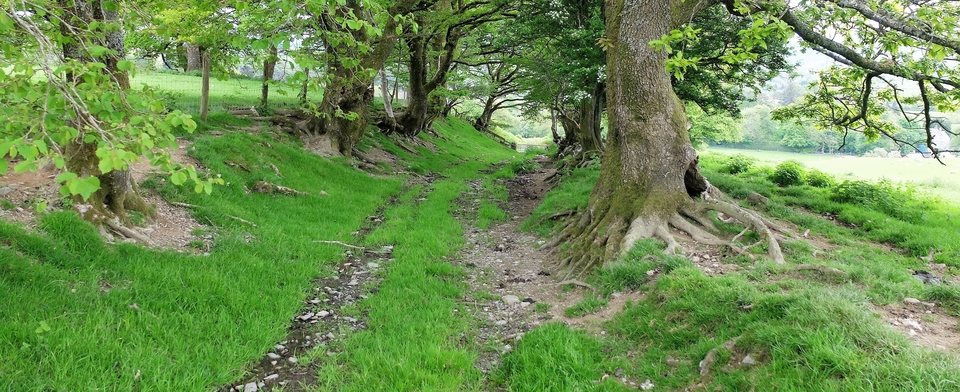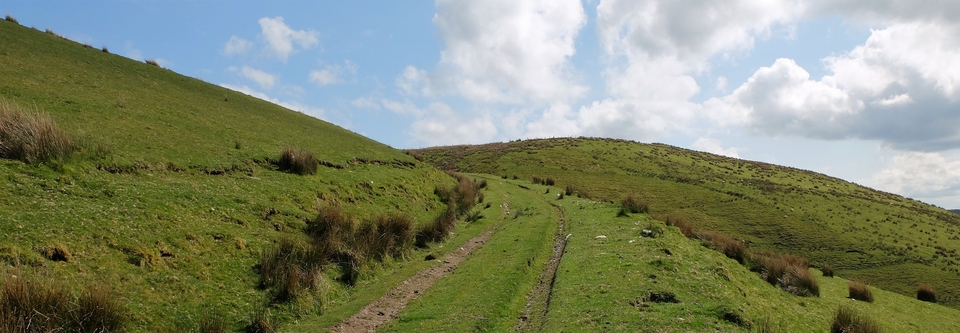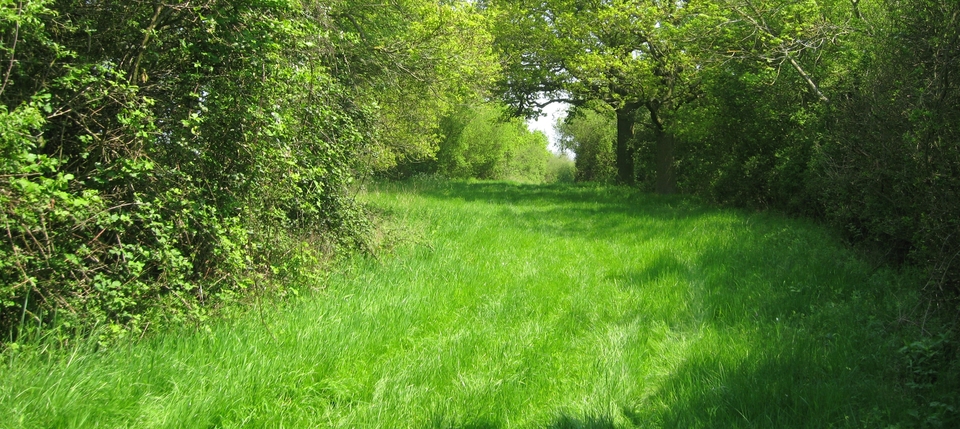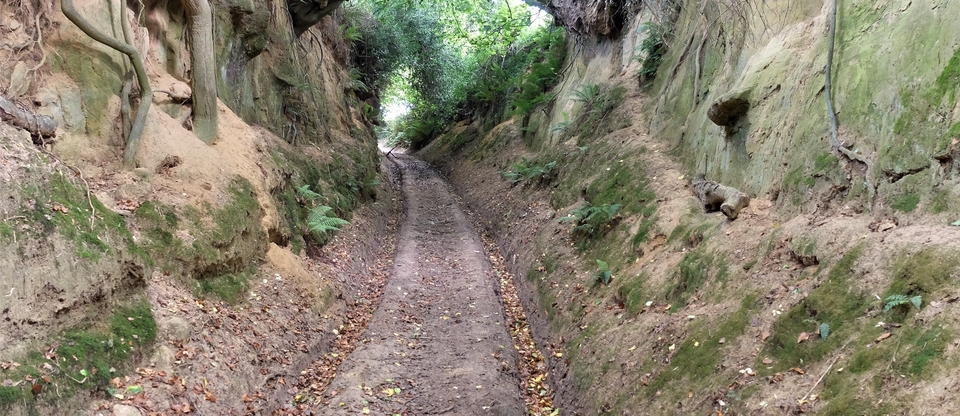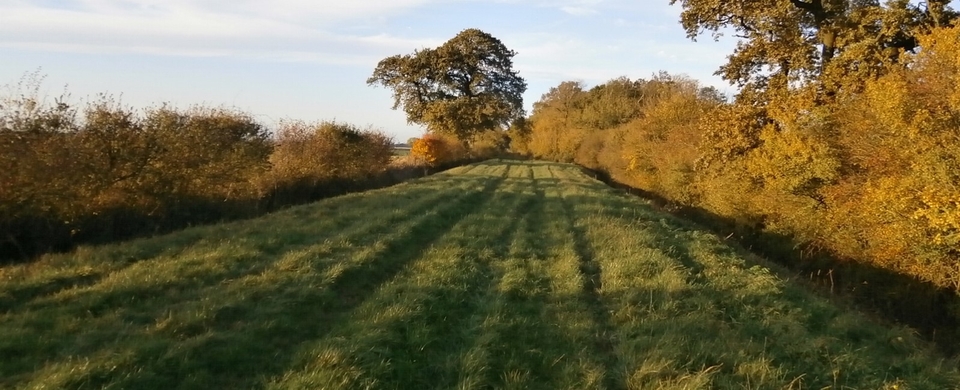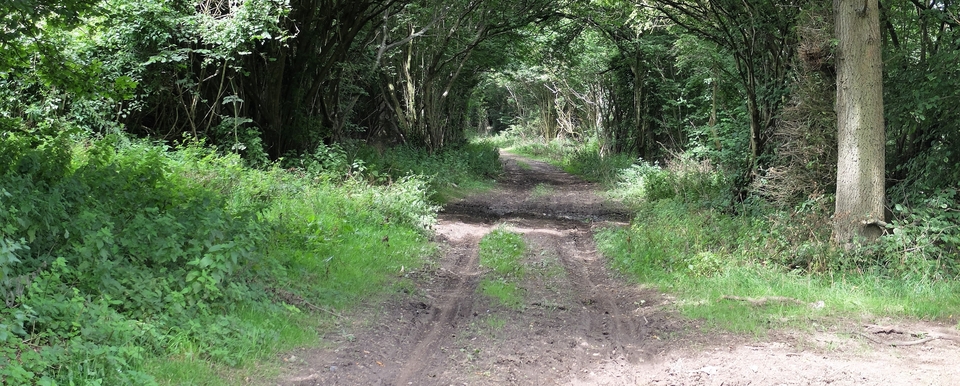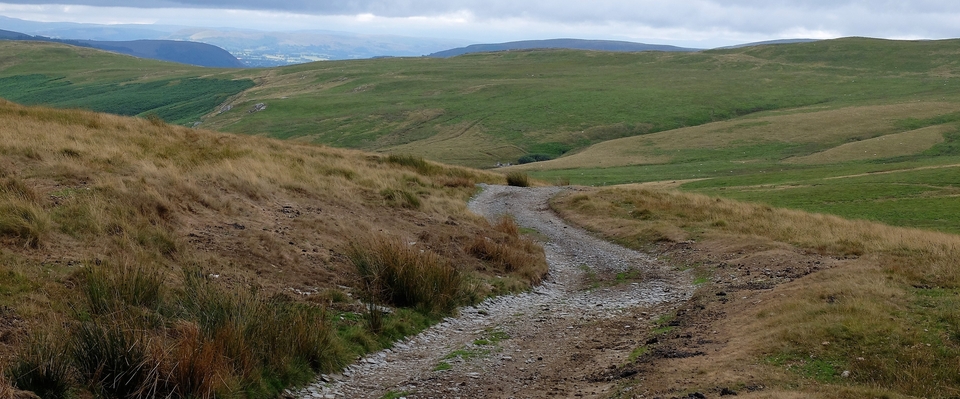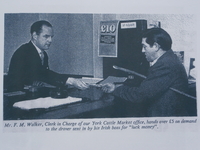Luck Money
A farmer enters a bank in York, circa 1955. It's mid-morning and the Irish cattle sale is in full swing. “Ten at 80 off Mick. And double luck,” says the farmer, flinging his cheque book on to the counter. The unflustered clerk fills in the cheque and hands the farmer a pound note. The farmer leaves.
* * *
A cattle drover enters. “Shaun says I can have a fiver for the luck.” Without batting an eyelid the clerk hands over the notes. No receipt; no signature required.
* * *
An Irish dealer wants to know the tally of the day's trading. “Ten at 80 to Mr Davis, twenty at 75 to Mr Byfield,” says the clerk. “And I've included the luck. Billy the drover got £5 in your name.”
* * *
You've worked out by now that the Yorkshire farmer has bought ten beasts at £80 each from Mick and that the Irish dealer has sold ten beasts at £80...etc., etc. But what about the “luck”?
“Luck money” is a percentage of the livestock price handed back to the buyer by the seller, perhaps originally to wish him luck with the beasts he has bought. It sounds superstitious, but it still goes on in Wales, the Midlands and the North today, especially in the sheep trade. A seller at market used to advertise ‘luck' or ‘double luck' when his beasts entered the ring. Even a traveller selling tools or work clothes always gave a bit back for luck.
It used to run at a shilling a beast (see first paragraph; “double luck” in that case).
(The picture is courtesy of “Farmers' Weekly” and Martins Bank Magazine.)
